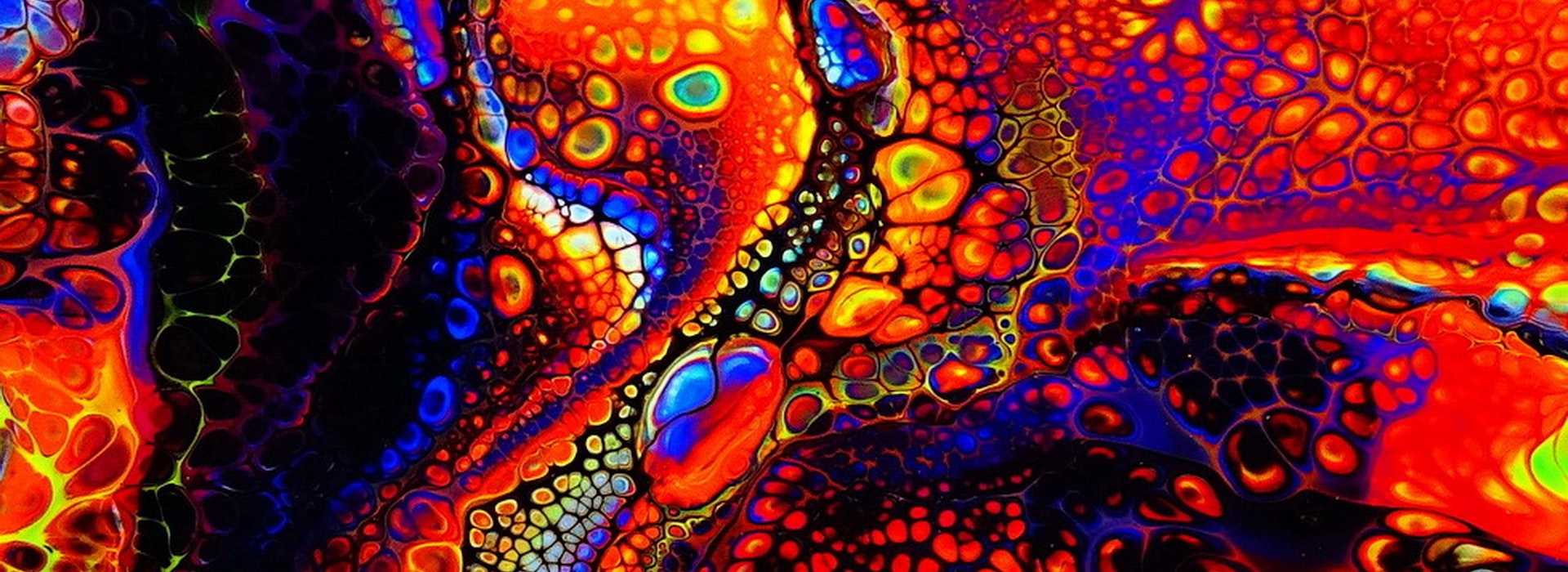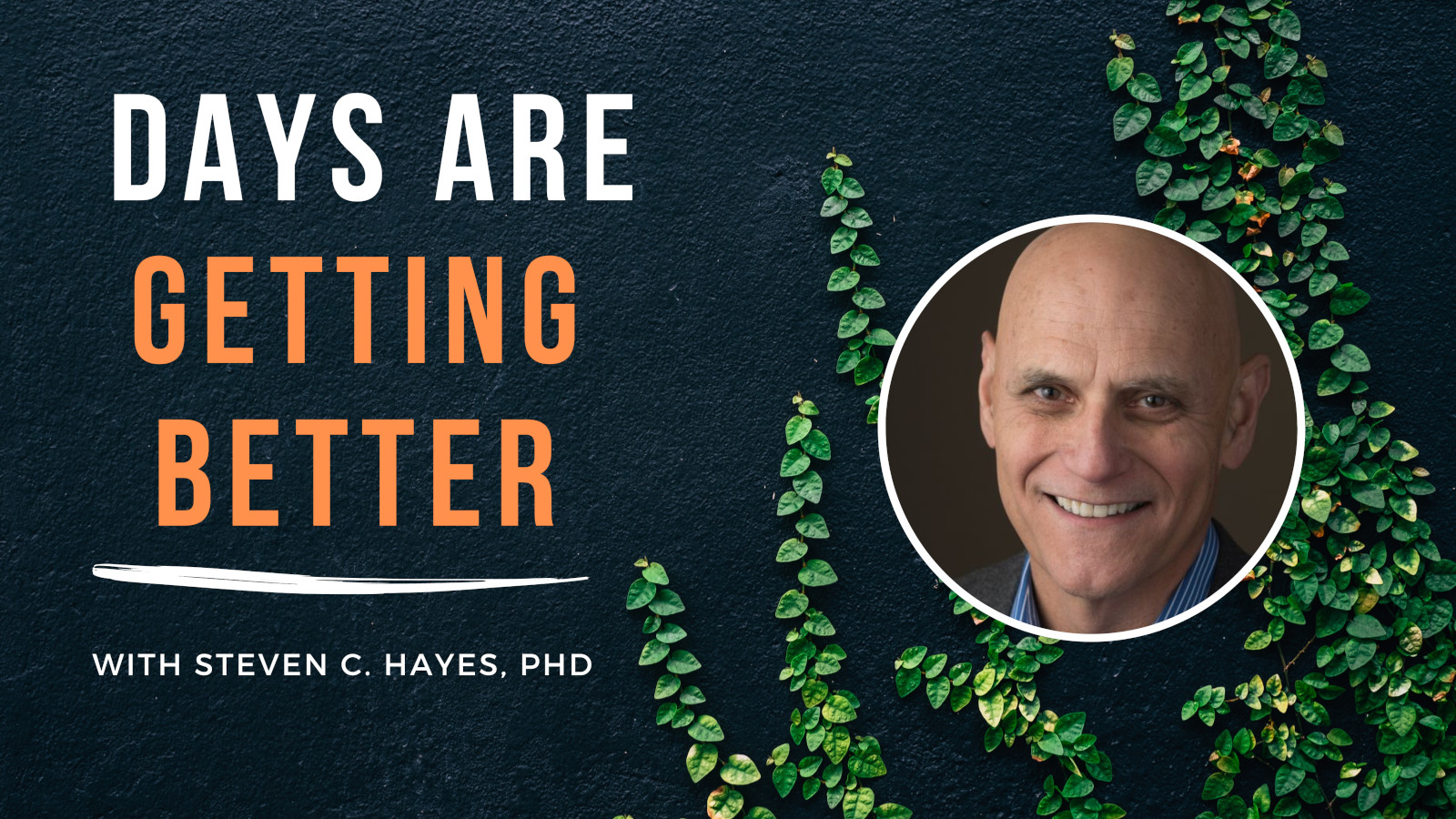The history of psychedelics is deeply intertwined with the history of humanity. Indigenous cultures often ingested hallucinogenic substances in spiritual rituals to build deeper connections with nature and different deities. They used them to heal wounds, to prepare for battles, and also just to have fun. Nowadays, however, the practice of psychedelics has shifted. Even though more people are under the influence of chemicals than ever before – whether through medications or daily cups of coffee – psychedelics have found little acceptance. And rather than using them to our benefit, we have generally made them inaccessible by outlawing every kind of contact: their cultivation, distribution, possession, and even consumption.
I believe this to be a mistake. I believe there is a potential in psychedelic substances to aid people in psychological pain, and for a profoundly human reason.
You see, human beings face a unique problem in the animal kingdom. Because of our ability for language, we are vulnerable to psychological problems in ways that our cats and dogs are just not. Although we share many learning processes with non-human animals that are half a billion years old, human language and higher cognition are new in the world; perhaps as little as a few hundred thousand years old. And it’s language and higher cognition that causes most of our psychological pains and ailments.
Language enables us to worry about the future, to ruminate over the past, to punish ourselves with self-blame, and to entertain suicidal fantasies. Cats and dogs can do none of these things. Because of language and its basis in relational learning processes we can relate any experience to any thought (and vice versa), allowing pain to show up virtually anytime and anywhere. For instance, if you have ever been bullied, merely seeing your tormentor’s name might jumpstart feelings of distress. Potentially just reading the previous sentence might have been enough to provoke feelings of unease – even though all you saw were mere black scribbles on a white background. Such is the power of human language and cognition.
Psychedelic substances enable us to transcend the neurobiologically grooved limitations of language and thus to break old established behavioral patterns, in part by weakening the mental stranglehold of our habitual self-narrative and well-practiced cognitive patterns. As a result, we can potentially see healthy alternatives to lifelong struggles in mere hours, and fundamentally redefine who we are as human beings in ways that fit with greater life flexibility. Although it’s possible to have such transformational experiences using psychosocial methods alone, doing so when healthy psychological support is available is somewhat hit and miss. Such transformational experiences are common with psychedelics, and done thoughtfully, the needed support and guidance can be there. This does not mean that I promote the mindless “tune in, turn on, drop out” approach as was done in the 1970’s. I’m old enough to know what a train wreck that was. I sat on hippie hill in Golden Gate Park in the Summer of Love and saw over just a year or two what it became. Please, once was enough. Instead, I argue for usage in the context of careful, empirically grounded investigation and thoughtful psychosocial care.
As of right now, psychedelic-assisted therapy is only available in clinical trials, and in most areas of the world it is not legal outside of such structures. Given how commonly other forms of medications are used in treating almost all kinds of mental ailments – often with troublesome long-lasting side-effects, even after stopping treatment – it is hard to justify this discrepancy. And while it’s true that we face a crisis of overmedicalization, using psychedelics to produce learning experiences is a totally different model. Instead of taking psychedelics frequently without significant supervision – as is mostly the case for conventional medications – psychedelic medications can be administered in one or two sessions with a therapist, who prepares the patient and helps them integrate the experience afterwards. If done correctly, research shows it is very unlikely to lead to harmful side effects, and does not produce dangerous and permanent adjustments in basic biological systems which are all too common using conventional psychoactive medications. I personally find it hugely reassuring that psychedelics appear to work in part through psychological changes that are shared with our best validated psychosocial methods – a story I will tell in a future blog.
Admittedly the research behind psychedelic-assisted therapy is still in its early stages (mostly because it was unfairly shunned for many decades). But we now have a chance to do it right. Even more, we have the responsibility, because people need better solutions than our current medical system is offering them. The early research shows improvements across a wide range of psychological and physical ailments: from anxiety, to depression, to trauma, to chronic pain, or cluster headaches. Potential benefits reach far and wide. In order to access them and to know which ones can be reliably obtained, we need to let go of outdated taboos and encourage careful, step-by-step research. We finally have another chance. Let’s tune in; turn on; figure it out.







